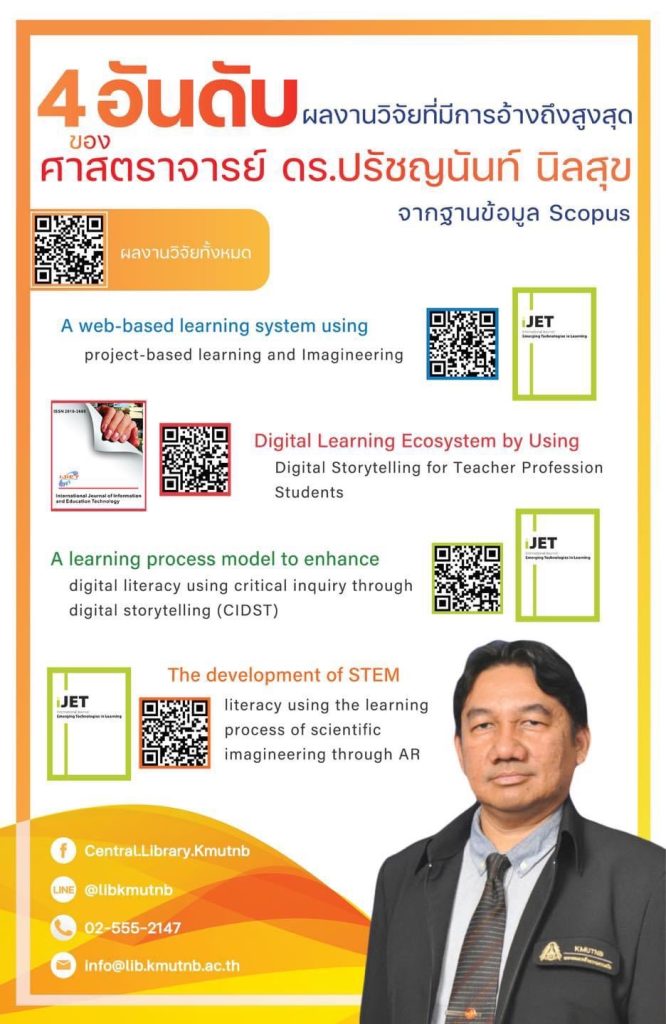Abstract – Enterprise architecture is of essential significance for organizations currently adapting to the digital transformation era. It is the application of modern digital technology in various organizational departments to drive efficiency. This research presents the development of a distributed digital enterprise architecture framework for education organizations that have applied the enterprise architecture concepts of The Open Group Architecture Framework, Zachman, and the Federal Enterprise Framework using an online questionnaire as a tool to collect data from 520 samples. The results revealed that the distributed digital enterprise architecture for education organizations is divided into seven dimensions: business architecture, data architecture, application architecture, technology architecture, security architecture, human capital architecture, and infrastructure architecture. The experts’ evaluation of the architecture found that the overall appropriateness was at the highest level in all aspects. The research results indicate that enterprise architecture is essential for systematically integrating digital technology with an organization’s workflow or mission for it to become a distributed digital enterprise.
Keywords – Digital transformation, distributed digital enterprise architecture, education organization, enterprise architecture.
Surasak Srisawat, Panita Wannapiroon and Prachyanun Nilsook
Distributed Digital Enterprise Architecture for Transformation of Educational Organizations. TEM Journal. Volume 13, Issue 2, pages 1645-1657, May 2024.
https://doi.org/10.18421/TEM132-77

